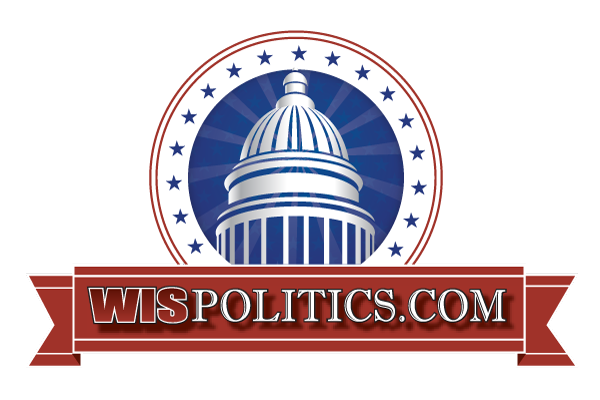From WisPolitics.com/WisBusiness.com …
— Legislation a U.S. House committee will mark up tomorrow could block Dem Gov. Tony Evers’ proposal to triple an industry-backed assessment on hospitals unless Wisconsin lawmakers pass the budget before the reconciliation bill becomes law.
The GOP-run House Energy and Commerce Committee last night released an overview of its piece of the legislation that will be marked up tomorrow. That includes a provision that would freeze states’ provider assessments at current rates as of the date the reconciliation bill takes effect. It also would prohibit states from adding new taxes.
Eric Borgerding, president and CEO of the Wisconsin Hospital Association, said the outline would punish a state like Wisconsin that hasn’t expanded Medicaid under the Affordable Care Act and has had a “fairly moderate provider tax.” Increasing the assessment is one avenue the state could take under current law to generate more matching federal dollars that could then be used to increase hospital assessments.
“It’s almost like Wisconsin is a martyr state when it comes to this kind of stuff, and we’re once again getting shortchanged under this proposal,” Borgerding said.
The reconciliation bill still has a series of hurdles to pass before it could become law. Still, national media report Capitol Hill Republicans want the legislation on President Donald Trump’s desk by July 4.
That’s just after the 2023-25 state budget concludes June 30, and GOP legislative leaders have said their goal is to wrap up work on the spending plan before the fiscal year ends.
Under federal law, states can receive reimbursement for assessments that go up to 6% of net patient revenue.
According to the Legislative Fiscal Bureau, the state is currently at 1.8% of net patient revenue, while Evers’ budget would take that to 5.7%.
In 2024-25, most hospitals were scheduled to pay $414.5 million to the Hospital Assessment Trust Fund. The state then put $265.5 million of that back into payments to the hospitals, while pulling in $426 million in federal money.
In all, while the hospitals paid $414.5 million, and they received $672 million — for a net gain of $257 million.
Under Evers’ budget, that assessment would jump to more than $1.3 billion. Hospitals would net $808.9 million under his plan.
Spokespeople for the guv and the co-chairs of the Joint Finance Committee didn’t immediately respond to requests for comment.
Dem members of the Energy and Commerce Committee knocked the overall proposal that will be marked up tomorrow. They cited a Congressional Budget Office review of the Republican reconciliation recommendations before the committee that found they would reduce the number of people on health insurance by at least 8.6 million by 2034. The proposals targeting Medicaid would reduce the deficit by $715 billion through 2034.
— Racine will get its first community health center this summer when Pillar Health opens in the “historically underserved” Lincoln-King neighborhood, the company announced.
Pillar Health, a division of the Kenosha Community Health Center, will launch as the city’s first federally qualified health center inside Julian Thomas Elementary School.
The business will provide primary and behavioral health services to residents of Lincoln-King, an area with significant health disparities, the announcement notes. Dr. Mary Ouimet, CEO of Pillar Health, says residents have expressed a desire for “accessible, trusted and affordable care” located in the community.
“This project represents a major milestone in expanding healthcare access in Racine,” she said in a statement.
The center’s services will eventually be moved over to the future Dr. Martin Luther King Jr. Community Center, which is slated to open next year.
Racine Mayor Cory Mason notes the city is Wisconsin’s largest that currently doesn’t have a community health center. He says Pillar Health will help boost access to health care while addressing “longstanding health disparities” while also addressing barriers to care for low-income and underserved residents.
See the release below.
Top Stories
– Trump signs an order to reduce drug prices, but it’s unclear how it would work
– Trump signs executive order to demand pharma industry cuts prices
– Medicaid Payments Barely Keep Hospital Mental Health Units Afloat. Federal Cuts Could Sink Them.
– Eli Lilly’s Zepbound outperforms Novo Nordisk’s Wegovy for weight loss in trial
– CBO: House GOP plan exceeds $880B savings target
– Hawley warns GOP Medicaid cuts are ‘morally wrong and politically suicidal’
Press Releases




